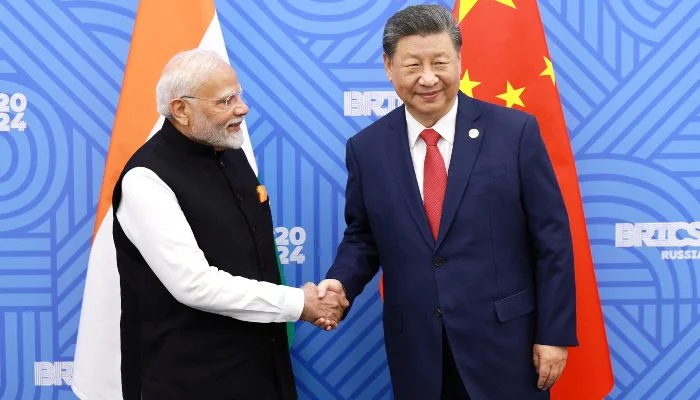NEW DELHI/BEIJING – India and China are in discussions to restart border trade after a five-year halt, officials from both countries confirmed, signaling a potential thaw in relations as global trade tensions escalate under U.S. tariff policies.
Though historically modest in volume, cross-border trade through the Himalayan passes holds symbolic significance for the two Asian giants, who have long vied for influence in South Asia. The move comes as both nations navigate geopolitical shifts triggered by former U.S. President Donald Trump’s aggressive tariff regime.
Chinese Foreign Minister Wang Yi is expected to visit New Delhi for talks on Monday, following Indian External Affairs Minister S. Jaishankar’s trip to Beijing in July. These diplomatic exchanges, along with recent agreements to resume direct flights and tourist visas, suggest efforts to mend ties strained since a deadly 2020 border clash.
“China-India border trade cooperation has long played an important role in improving the lives of border residents,” China’s foreign ministry told AFP, adding that both sides have “reached a consensus on resuming border trade.” India’s junior foreign minister, Kirti Vardhan Singh, also confirmed discussions to facilitate trade revival, though neither side specified a timeline.
The U.S. has traditionally viewed India as a strategic counterbalance to China, with New Delhi part of the Quad alliance alongside Washington, Australia, and Japan. However, Trump’s demand that India stop buying Russian oil—a key revenue source for Moscow’s war in Ukraine—has strained U.S.-India relations.
Starting August 27, the U.S. will double tariffs on Indian imports from 25% to 50% unless New Delhi switches crude suppliers. This pressure may be nudging India toward re-engagement with Beijing.
Indian media reports suggest Prime Minister Narendra Modi could visit China in late August for the Shanghai Cooperation Organisation (SCO) summit, marking his first trip since 2018. Beijing has welcomed the prospect, though neither side has officially confirmed the visit.
While resuming trade could ease tensions, deep-seated mistrust remains, particularly over unresolved border disputes. Analysts caution that any progress will depend on sustained diplomatic efforts and whether both nations can insulate economic ties from geopolitical friction.
As the U.S. reshapes global trade dynamics, India and China appear to be recalculating their rivalry—testing whether limited cooperation is possible amid broader strategic competition.














